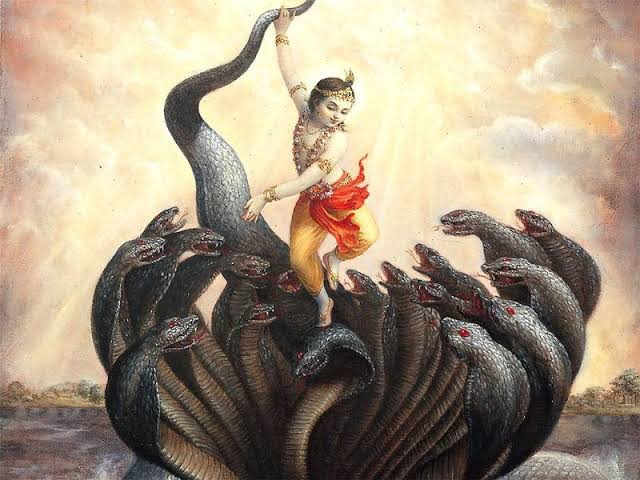25 COMMON KOREAN VERBS
These are the 25 most common Korean verbs you need to know. You can say a lot with only these 25, especially with verbs like 하다 and 있다 which combine with other words and nouns to form new verbs.
• 하다 ( hada) – “To do”
• 있다 ( issda ) – “To be, there is”
• 지다 ( jida ) – “To become”
• 말하다 ( malhada) – “To say”
• 오다 ( oda ) – “To come”
• 가다 ( kada ) – “To go”
• 할 수 있다 ( hal su issda) – “To be able to
do”
• 보다 ( boda ) – “To see”
• 보내다 ( bonaeda ) – “To send”
• 가지다 ( gajida) – “To have”
• 기다리다 ( gidalida ) – “To wait”
• 만나다 ( mannada) – “To meet”
• 살다 ( salda ) – “To live”
• 생각하다 ( saeng-gaghada ) – “To think”
• 주다 ( juda ) – “To give”
• 받다 ( badda ) – “To receive”
• 알다 ( alda ) – “To know”
• 만들다 ( mandeulda ) – “To make”
• 사용하다 ( sayonghada ) – “To use”
• 배우다 ( baeuda) – “To learn”
• 먹다 ( meogada ) – “To eat”
• 마시다 ( masida) – “To drink”
• 웃다 ( udda) – “To laugh”
• 읽다 ( ilgda) – “To read”
• 쓰다 ( sseuda ) – “To write”













